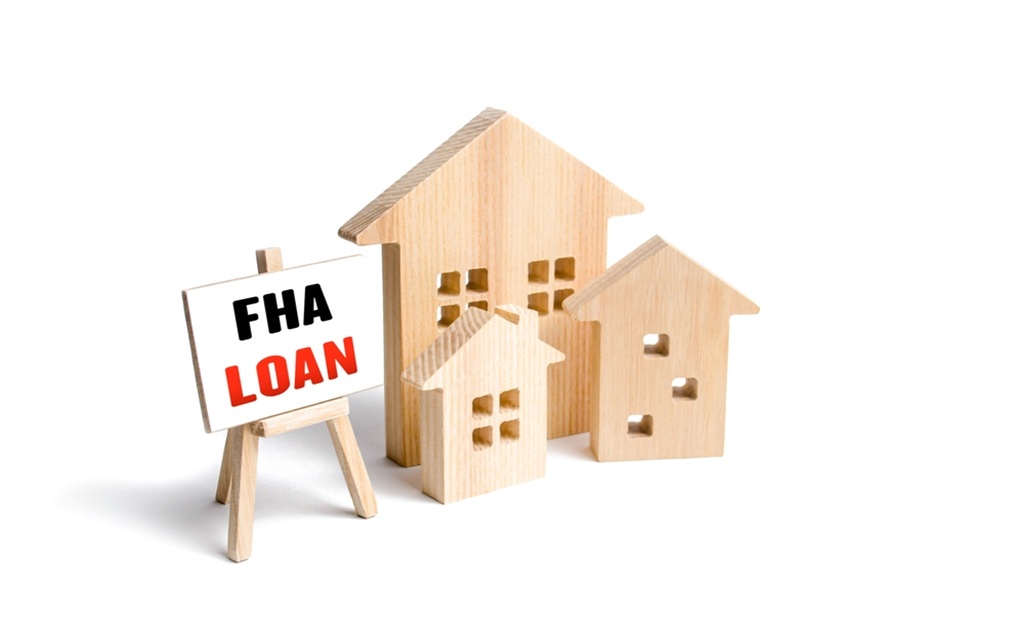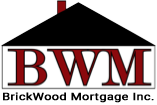An FHA loan is an excellent means of getting on to the property ladder, particularly among those currently buying their first house and so may lack a considerable down payment. Though such government-backed loans present an accessible entry into ownership of a house, initial rates of interest and mortgage insurance premiums may be higher compared to others. This results in homeowners asking a common question – how soon can you refinance a FHA mortgage?
Refinancing of an FHA loan might bring down your monthly payments, lower your interest rate, or even eliminate that expensive mortgage insurance premium (MIP). For many, the goal is to refinance an FHA home loan for better terms and financial relief. It all depends on knowing when to make that move. This guide from BrickWood Mortgage will lead you through your refinancing timetable determinants and assist you in learning if this is something that you should do.
How Interest Rates Work on an FHA Loan
FHA loans are government-insured loans provided by the Federal Housing Agency to guard lenders against losses in situations where a debtor defaults. This is financed through the mortgage insurance premium (MIP) paid by debtors. An FHA loan will have an upfront MIP that is included in the purchase price of the loan, as well as an annual MIP paid monthly throughout its existence in most cases.
Due to this extra cost, most FHA homeowners wait eagerly for methods of refinancing from FHA to a conventional mortgage when they have accumulated enough equity. A conventional mortgage will most likely have no mortgage insurance if you have 20% or more equity in your property, which translates into a lot of monthly savings.

The Variables that Will Determine When You Can Refinance
How soon can you refinance a FHA mortgage? A number of variables are in play. Most importantly, you’ll want to make sure you’ve been making payments in full and on time. Many require that you’ve made six months of payments within a timely matter on your FHA loan before considering refinance. Some even require as much as 12 months.
Another aspect to consider is your credit rating. FHA loans are often provided to homeowners whose credit score is generally lower – to refinance with an FHA loan may be possible, but refinancing to a conventional loan will typically require a credit rating of 620 or higher. A higher credit rating will give access to a higher interest rate.
Lastly, your house equity is a consideration. To eliminate MIP through refinancing from FHA to a conventional mortgage, you will be required to have a minimum of 20% equity. This is either through paying your monthly mortgage payment or a change in your house’s market value.
When to Refinance a Home
Refinancing makes sense if your financial benefit is substantially higher than your cost. When rates are clearly lower than yours, to refinance with an FHA loan could reduce your monthly payment and total interest paid over your loan life.
It is also a favorable time if you have accumulated sufficient equity to be eligible for a conventional loan and to do away with the FHA mortgage insurance premium. Refinancing closing costs are high, so it is a good time to work out your break-even point – the months it will require your monthly saving to recover the up-front cost, including potential South Carolina reverse mortgage fees.
Working with Mortgage Brokers Is Always Wise
Refinancing is a daunting undertaking. A mortgage broker from BrickWood Mortgage is a priceless resource whose expertise can be harnessed to comparison-shop among lenders and select terms that work best in a particular set of circumstances. They have a working knowledge of nuances inherent among a wide array of loan products and will be able to assist you in knowing when to refinance your FHA-backed mortgage.
Whether you’re considering refinancing to an FHA loan or exploring a switch to conventional, by engaging a specialist, an educated decision that suits your financial priorities can be made.
